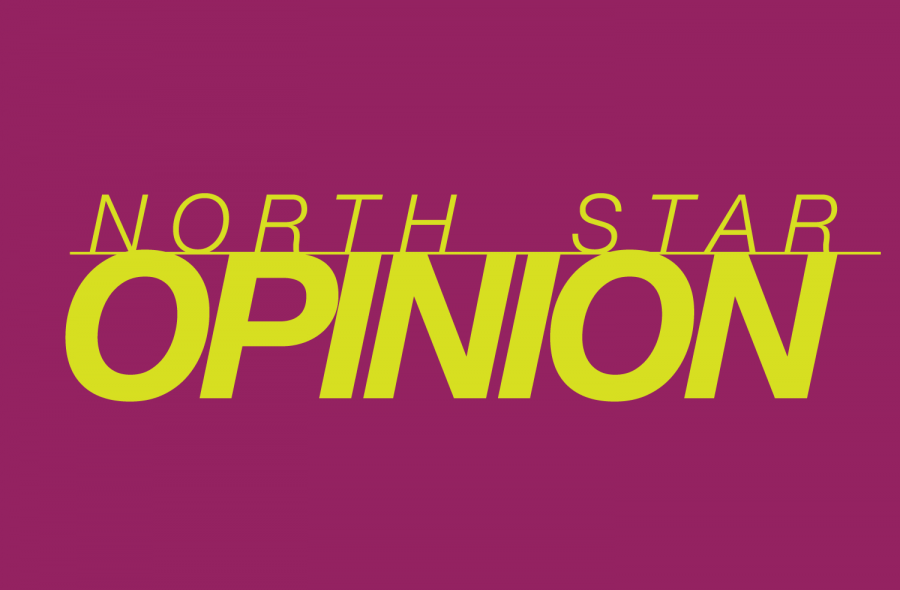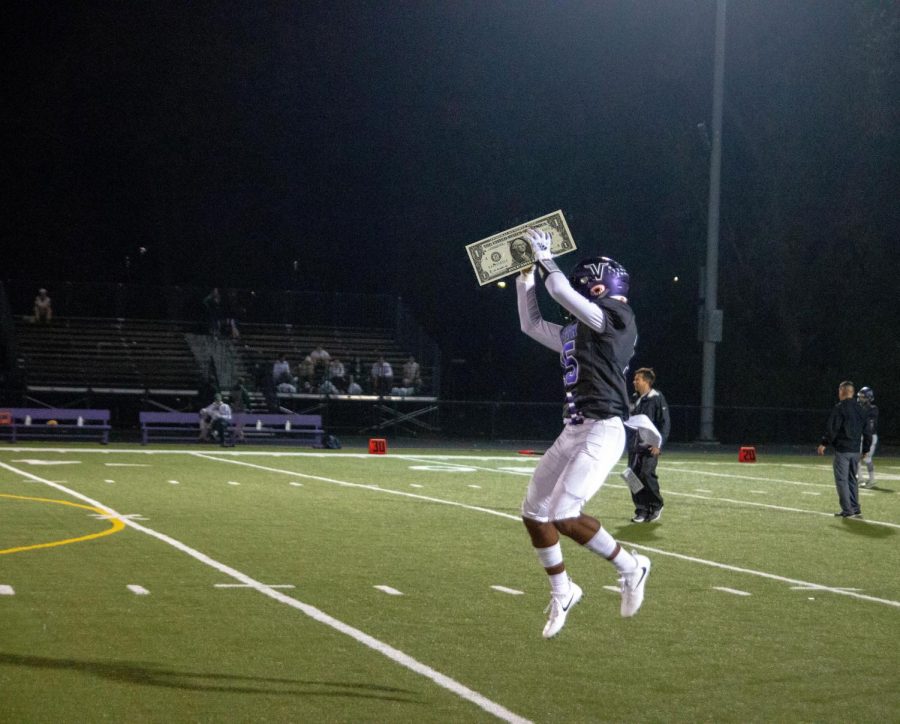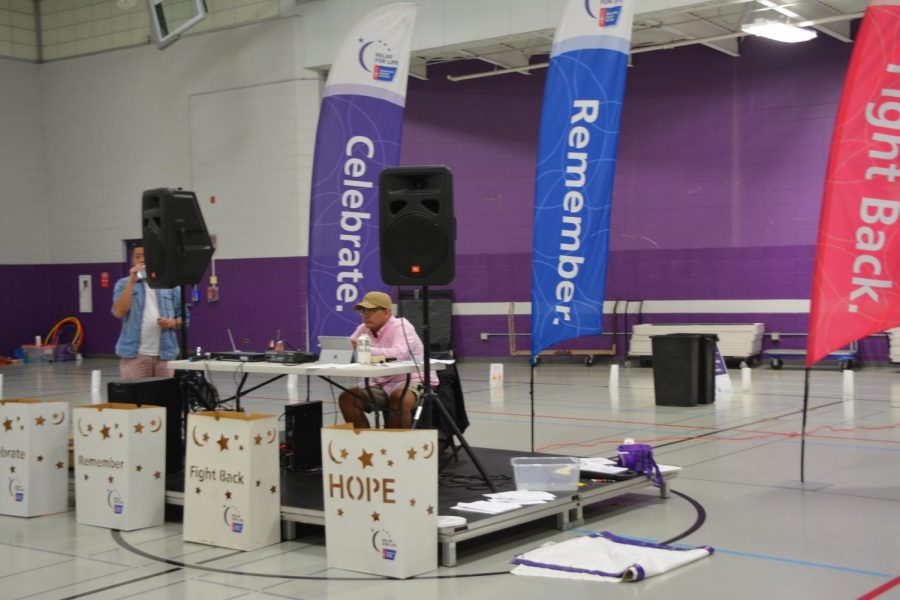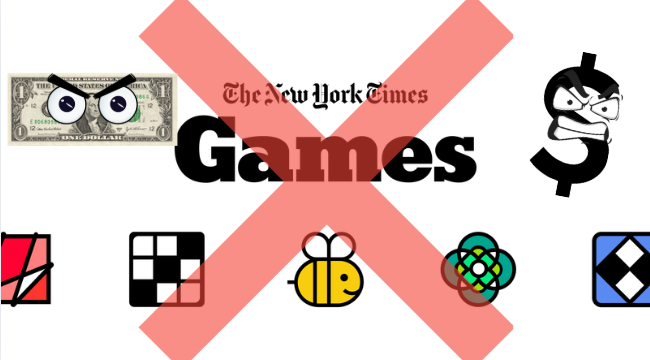On Jan. 10, 2017, Buzzfeed News released a report on then President-Elect Donald Trump compiled by a former British intelligence agent, which detailed serious allegations against the Trump campaign and his ties with Russia.
With fake news running rampant this past election cycle, some are forced to wonder whether this report provided American citizens with increased transparency, or if it only added to the fake news phenomenon.
The report Buzzfeed News published suggests Trump has spent years planning his campaign with Russia, even going as far as to allegate that in August 2016 there was an in-person meeting between Trump’s lawyer, Michael Cohen, and Kremlin representatives. If a meeting between Trump and Putin teams can be verified, Trump could possibly be prosecuted under violation of various ethics laws.
The United States Senate has had this report in their possession for months, with Senators like John McCain (R-AZ) working tirelessly to prove these allegations. Yet, after months under Senate investigation, the 35-page report has failed to be proven accurate.
“It was irresponsible journalism,” former Journalism teacher, Nils Peterson, said. “Journalists are supposed to act as a source of check and balance. But for that to happen, the public needs to know that they’re able to trust the media and that they are getting accurate information from
the media.”
“Buzzfeed explicitly stated ‘this is not verifiable,’” senior Zach Harris said. “I don’t think that’s wrong. The document’s existence is news. It would be one thing if they published the document as the truth, but they didn’t.”
Buzzfeed received major backlash from Trump for posting an unverified document, going as far as to call the media organization a “failing pile of garbage” at his latest press conference.
“They are allegations. I don’t think Buzzfeed should’ve released those. Some people will believe those are true, and all that really does is cause chaos,” sophomore Todian Daveed said.
Throughout the 2016 election, Hillary Rodham Clinton, Democratic Presidential Nominee, was a victim to countless fake news stories. Headlines such as “Hillary Clinton Emails Show She’s Been Stealing Millions of Dollars Through Charity” were consistently shared before they were fact-checked, proving to have drastic consequences in the general election.
“It doesn’t matter if Buzzfeed said the report was true or not,” senior Juliana Tichota said. “The report can be passed around without Buzzfeed’s commentary pretty easily in this day and age. Once the article is sent outside of the Buzzfeed realm, there is no longer the word ‘unverified’ attached. Now it’s just fake news.”
Journalism, by nature, is supposed to prioritize accuracy, transparency, and its readers. Yet, such a report left Buzzfeed readers, like junior Emily McCarthy, feeling as if “publishing this unverified report only causes chaos. To be honest,” McCarthy said, “America has been criticizing Communism for so long, and I’m sure Putin is pretty pleased to see Americans question a main pillar of our democracy. He’s kind of making fun of our democracy by turning it over on its head.”
“The priority becomes getting the headline out first, rather than getting the headline out accurately,” Peterson added. “I think Buzzfeed rushed to get something out because it would’ve been a splashy headline, but it would’ve been more responsible of them to make sure it was accurate.”













